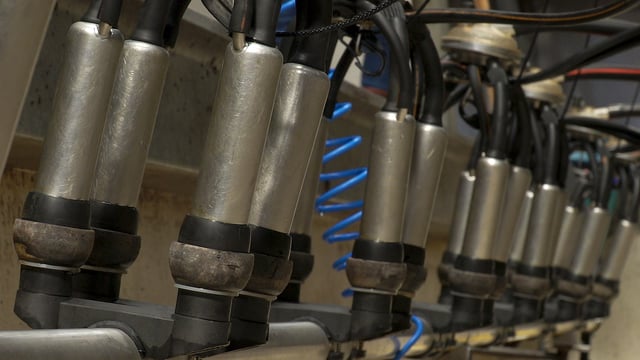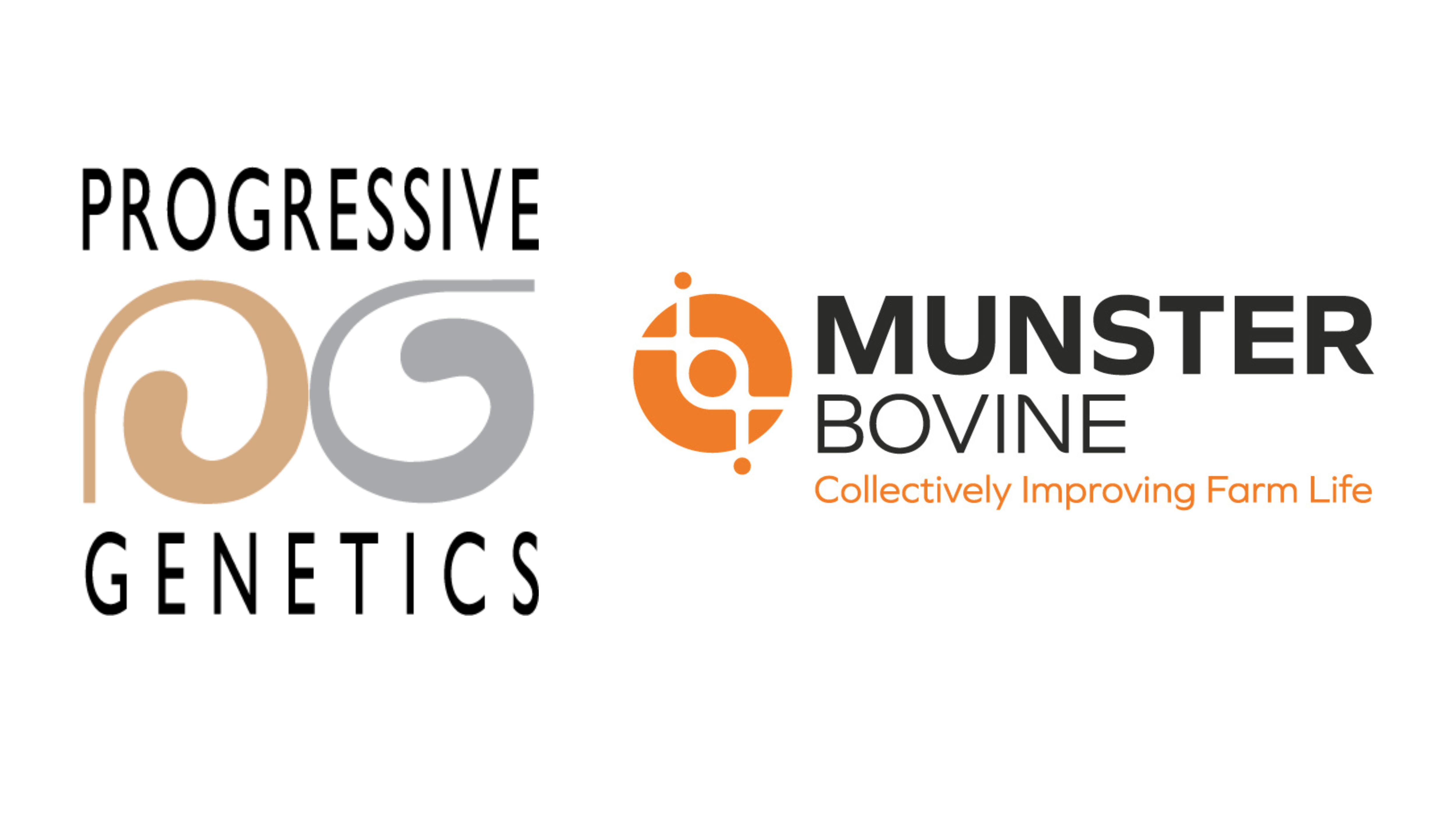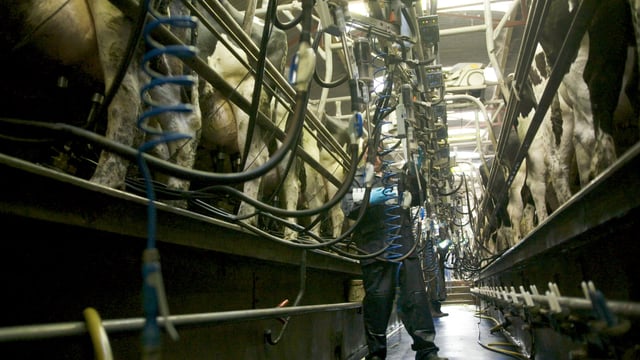Maher calls for vet medicine discussions to include farmers
Farming perspectives "have to" be heard during discussions on the proposed changes to the supply of veterinary medicines, according to Irish Farmers' Association (IFA) animal health chair, TJ Maher.
Maher said that it is "concerning" that farmers were not involved in recent discussions on the issue between Veterinary Ireland and the Department of Agriculture, Food and the Marine (DAFM).
The meeting discussed the incoming changes under the Veterinary Medicinal Products, Medicated Feed and Fertilisers Regulation Bill 2023 which was signed into law last year.
Under the changes, the Statutory Instrument (SI) would see alterations to prescription rules and the route of supply of veterinary medicines, including some vaccines.
Maher said that the department "would do well to remember" that farmers will be "directly impacted" in their daily management as a result.
He said that the last discussions on the issue between the IFA and DAFM dated back to January when the IFA rejected the draft SI for a number of reasons.
“When finalised, it’s vital that the SI maximises competition in the supply and sale of veterinary medicinal products.
"This means ensuring all current suppliers remain actively involved in the process. The key factors that influence this are the prescribing process and validity period of the prescription," Maher said.
The IFA Animal Health chair said that the draft SI discussed in January required all prescribing vets to develop a parasite control programme for the farm.
Maher said this would add "unnecessary cost and bureaucracy" to the prescribing process and would "cost" farmers.
He said that allowing a licensed merchant to hire the services of a consultant vet to prescribe for farmers in the SI is a "positive step" for larger merchants and co-ops who have the resources to engage vets.
However, he said smaller licensed merchants would be effectively "frozen out", along with veterinary pharmacies who are not allowed engage in the practice.
Maher added that there were still "fundamental issues" to be addressed with the National Veterinary Prescription System (NVPS).
He said that the overall issue was "a long way" from a resolution that meets the needs of farmers.





